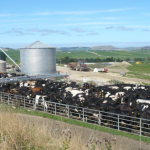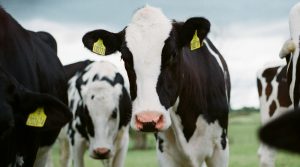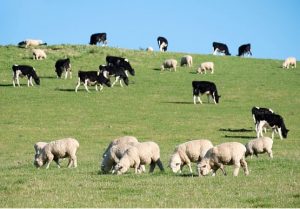

Reducing livestock emissions
You may be interested in
- Topics |
- Climate Change
Legal notice about Intellectual Property in digital contents. All information contained in these pages that is NOT owned by eDairy News and is NOT considered “public domain” by legal regulations, are registered trademarks of their respective owners and recognized by our company as such. The publication on the eDairy News website is made for the purpose of gathering information, respecting the rules contained in the Berne Convention for the Protection of Literary and Artistic Works; in Law 11.723 and other applicable rules. Any claim arising from the information contained in the eDairy News website shall be subject to the jurisdiction of the Ordinary Courts of the First Judicial District of the Province of Córdoba, Argentina, with seat in the City of Córdoba, excluding any other jurisdiction, including the Federal.
Related
notes
BUY & SELL DAIRY PRODUCTOS IN
Latest News
Featured
Join to
Most Read
1.
2.
3.
4.
5.
News by State
World
eDairy News Spanish
eDairy News PORTUGUESE























